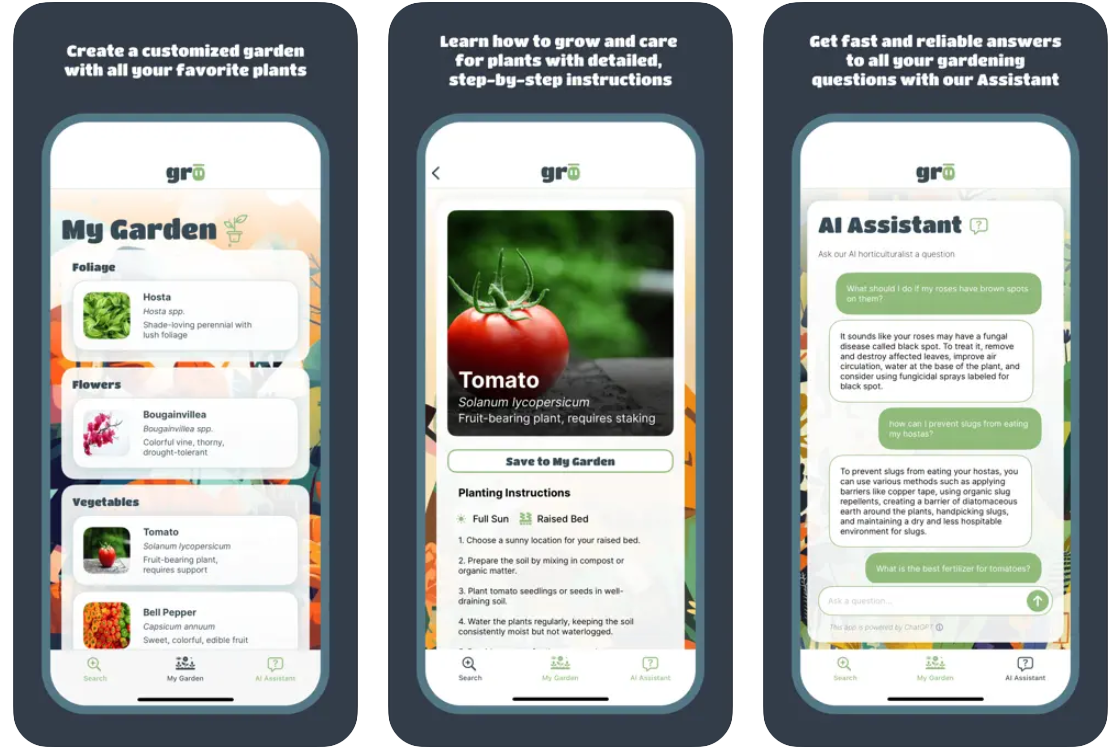Transforming App Development with AI, Part 3: Challenges and Ethical Considerations

Artificial intelligence continues to redefine industries, unlocking powerful capabilities and opportunities. However, alongside these advancements come significant challenges and ethical questions. As businesses and developers, it’s critical for us to understand and navigate the complexities of AI, including issues related to bias, transparency, privacy, and workforce implications. Let’s explore these challenges and outline some practical considerations for ethically responsible AI adoption.









